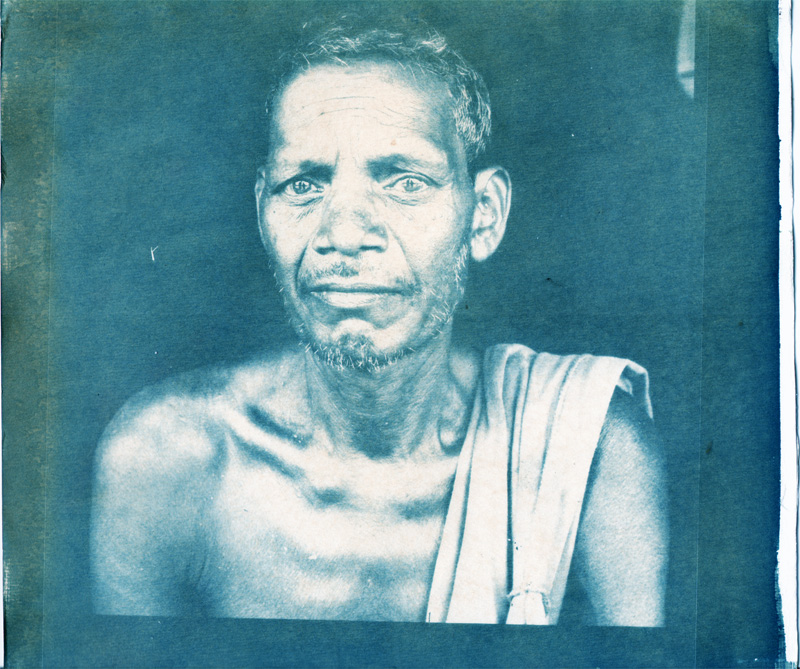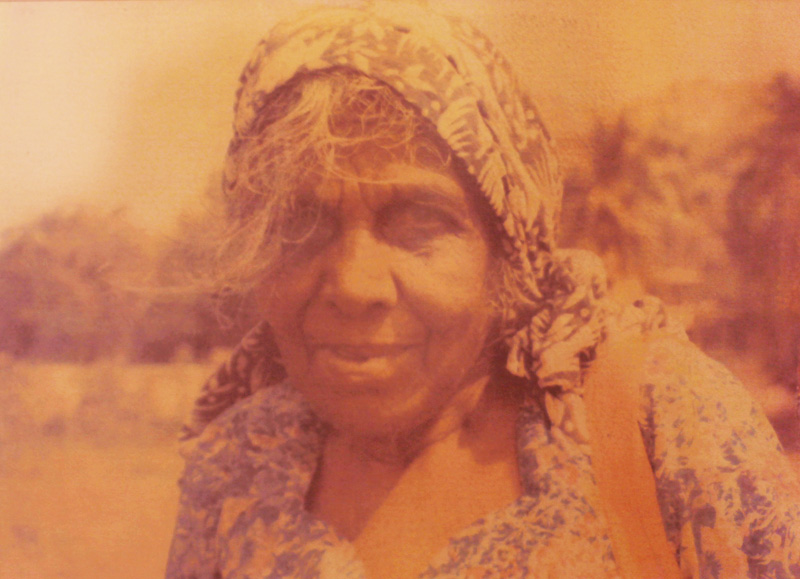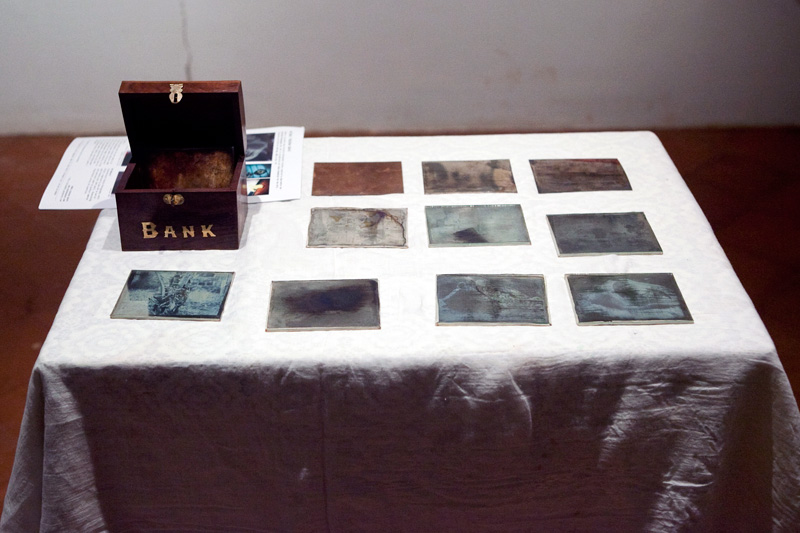Sunlight Trust (Goa-CAP)





Grant Period: Over four months
The Goa Centre for Alternative Photography (Goa-CAP), an autonomous institution registered under the Sunlight Trust, manages ALTlab—a two-month residency programme to enable emerging Indian artist photographers to explore and test their creative ideas through experimentation and exchange. In 2010, IFA supported the first edition of the ALTlab residency, which hosted four artists for two months in Goa. This grant provides partial support for the second edition of the ALTlab residency.
The first edition of the ALTlab residency focused on giving the residents ‘freedom to create and destroy’ in creating photographs. As Apurva Kulkarni, the mentor for the first residency, observed, “The residency provided artists a lot of space to create and flourish.” Further, Apurva has indicated in his report that the residency has emerged as an active space enabling photographers from diverse cultural backgrounds and regions to experiment, and artists to develop their skills in the art of photography. The next edition will continue to facilitate photographers, selected through a call for proposal, to engage playfully with the art of photo-making. Inspired by Mahatma Gandhi’s Dandi March, the ALTlab residency will be anchored in the idea of ‘walking’ to enable the residents to gain a cross-section perspective of Goan culture and society. The idea was tested in an earlier Goa-CAP initiative, The Salt Prints, a 387 km walk by contemporary artists from Sabarmati to Dandi. Drawing from the initiative, Goa-CAP has introduced a 38 km walk from Calingute to Sanquelim for the second year of the ALTlab residency. The ‘walk’ will not be a guided tour but an exploratory journey to encourage the residents to record their experiences and create photo-images along the way, while reflecting on the socio-economic and cultural contexts of the places they would be visiting. The images would form the base for further experimentation in the laboratory with different photo-making processes.
Prior to the ‘walk’, the residents will participate in an introductory session in which they will share their previous work with each other and the ideas that influence their photo-making. At a later stage, the residents will start working on the specific images that they would have created during their ‘walk’ and share their efforts with their peers, while inviting responses from a mentor. A key role of the mentor, ‘a critic in residency’ would be to help the resident artists develop a critical eye towards their work. If necessary, the residents will be encouraged to re-visit their photo-making process.
The residents will undertake considerable laboratory work in the process of creating photographs in the ALTlab residency. The laboratory facilities provided to the residents will include enlargers with b&w and colour heads, medium to large format 35mm and digital SLR cameras, b&w film development facilities, a daylight finishing area, technical support and photo-processing chemicals. Additionally, there will be a studio for making daguerreotypes, and a wet plate collodion studio to produce a negative image on a transparent photographic medium like glass. ALTlab will hold a workshop to equip the residents to handle materials and maintain hygienic working conditions.
The ALTlab residency will culminate with an exhibition of photo-images created by the residents in Goa in May 2012.
